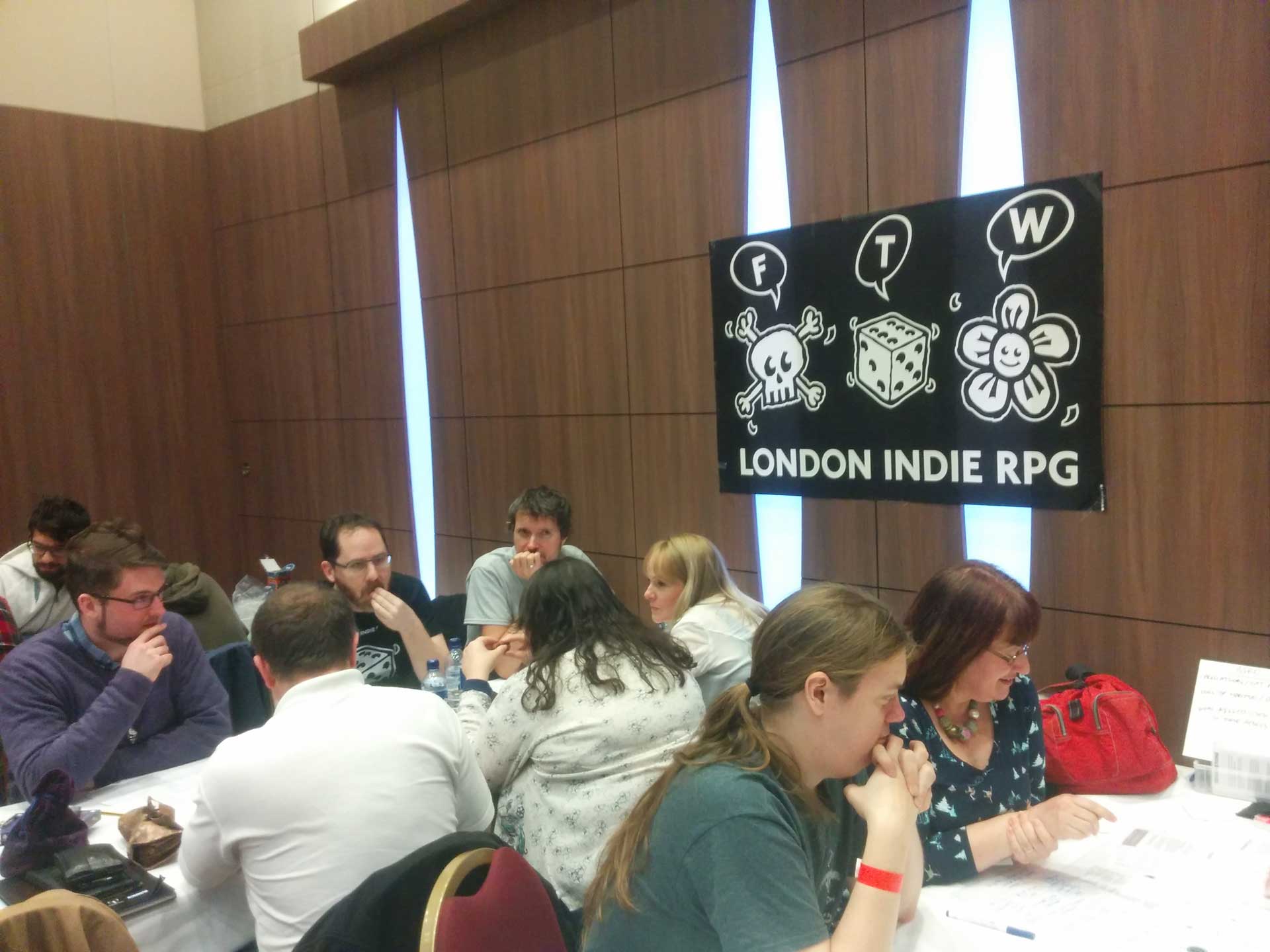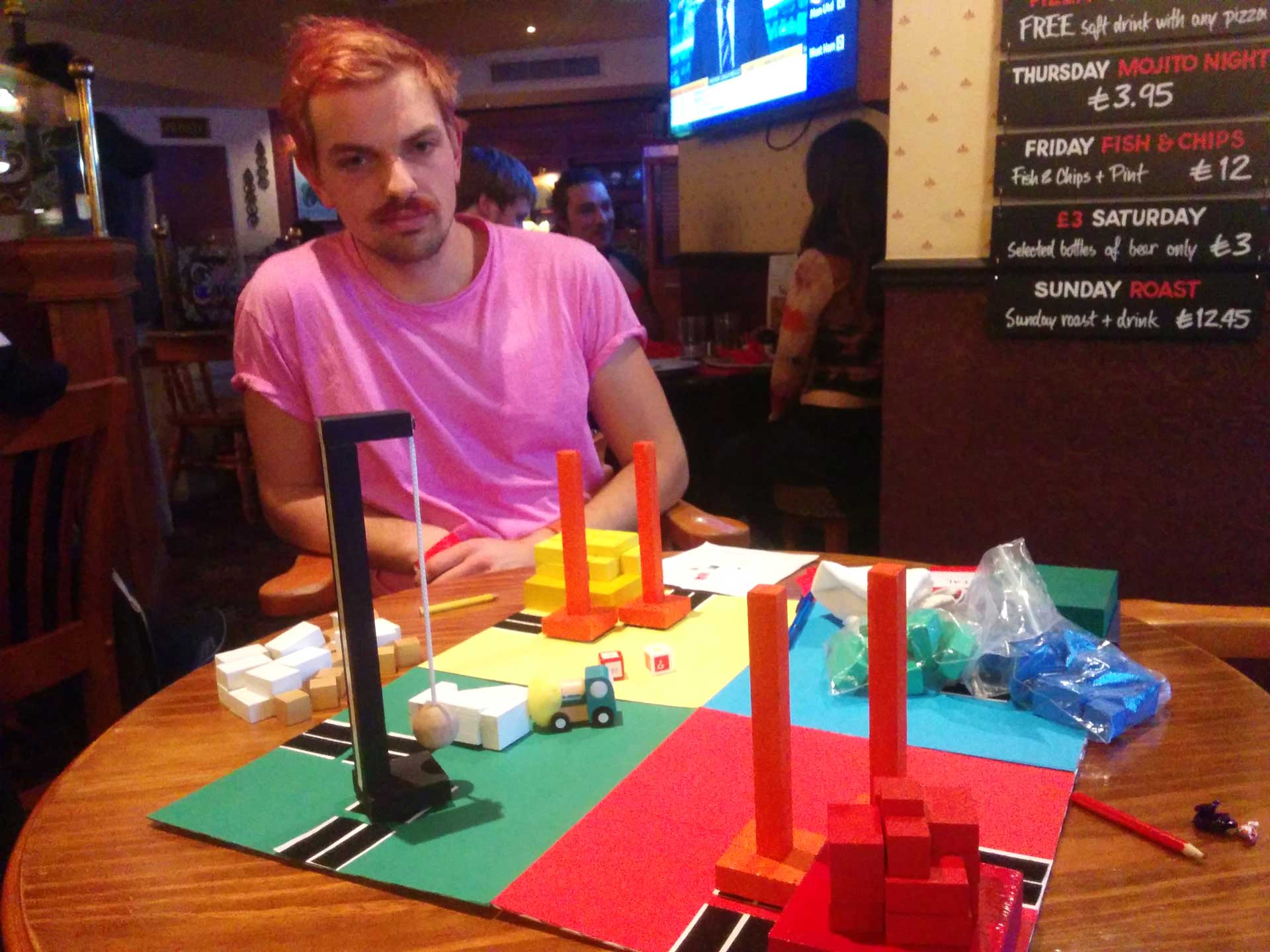I spend time reflecting to wrap things up at the end of every year, and then create things for the new year, like a context, motto, themes, and this year some main objectives.
I had a board game design idea a few years ago that I hadn't progressed with so it's on the list for this year (I admit it was last year too, I just didn't do anything about it then).
Anyhow, we had someone missing for our regular roleplaying game night with friends so I suggested meeting at Loufoque, a board game café I like, and trying out a quite big game. I suggested Architects of the West Kingdoms because I haven't played it, but someone else wanted to try Scythe, the game designed and published by Jamey Stegmaier (Stonemaier Games), and featuring beautiful artwork by Jakub Rozalski.
I'd played Scythe, though years ago when I was in Chicago. I also had the chance of having Jamey Stegmaier on my podcast back then, you can check the episode out here. Jamey is incredibly generous and prolific with the amount of interesting content he shares: perspectives about the board gaming industry like about how they're affected by recent tariffs, publishing advice, design focused content, and much more.
It has a few different moving parts about it, though I'd probably describe Scythe as an engine building strategy game, with wargaming elements. It looks like a wargame with it's big alternative 1920s steampunk-ish mechanical engines and hexagon tiles, but it isn't really exactly that.
It may look intimidating, and clearly designed for a large American size table - we barely had space for drinks, though actually I love the way it's designed such that it is quite easy to grasp what you can do every turn, so tactics, and not so much analysis paralysis (well sort of, more on that in a second), and yet lots of depth and moving parts from game to game to think about strategy.
I totally lost but it was a fun game, good to test it again. I went on to play the digital version I have on Steam over the weekend, which is where the analysis paralysis kicked in for me, in front of my laptop playing 3 computer AIs (medium level difficulty) and getting absolutely beaten every time, trying to understand wider strategies to better understand the intricacies of the game.
I also played some Terraforming Mars, that I'd forgotten I had as a digital version, and then a friend invited me to join Board Game Arena, so I started playing a few more games there too. My user name is Hippowill if you want to add me as a friend and play a game some time.
I started a new notebook with design notes for my board game idea, I'm pretty clear what the theme and design goals are, but I wasn't too sure of mechanics to quickly start prototyping and playtesting. After a few new games tested and a few podcasts, talks, design book passages from my shelves, I had an idea last night for a starting point that I'm happy with. I'm not exactly ready to talk about it just yet, but I will do soon, to document the process.
I had been trying to find specific processes and/or methodologies, starting with the Board Game Design by Joe Slack (it's all right though I think you can find many free ressources online instead of this one), and Jeremy Holcomb's notes in The White Box board game design workshop (it's a useful toolbox of things).
The main thing I keep up with is rapid prototyping. I have a tendency to start things and not finish, or study and daydream rather than do. At the very least I have made more progress than in all of last year.



